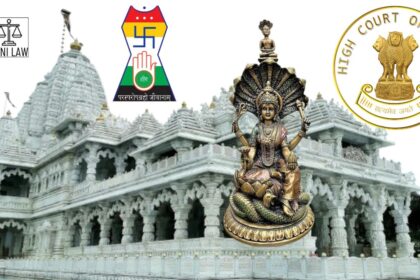Section 402 CrPC: High Court Power to Withdraw or Transfer Revision Cases
1. Code: Section 402 of the Code of Criminal Procedure, 1973 (CrPC)
2. Explanation:
Section 402 of the CrPC empowers the High Court to withdraw or transfer revision cases pending before it. This power is discretionary and exercised by the High Court in the interest of justice. The High Court can also withdraw or transfer a revision case if it is of the opinion that the case is not fit for its adjudication or if it is more appropriately heard by another High Court.
3. Illustration:
Suppose a revision case is pending before the Bombay High Court, but the case involves parties and witnesses residing primarily in the jurisdiction of the Madras High Court. In this case, the Bombay High Court may, in its discretion, transfer the revision case to the Madras High Court for its adjudication.
4. Common Questions and Answers:
Q: What are the grounds for withdrawing or transferring a revision case?
A: The grounds for withdrawal or transfer are not specifically enumerated in the CrPC. However, the High Court can consider factors such as:
The nature and complexity of the case
The residence of the parties and witnesses
The availability of evidence
The convenience of the parties
Q: Can the High Court transfer a revision case to a subordinate court?
A: No, the High Court can only transfer a revision case to another High Court. The High Court cannot transfer it to a subordinate court.
Q: What is the procedure for withdrawing or transferring a revision case?
A: The High Court can withdraw or transfer a revision case on its own motion or on an application made by any party to the case.






